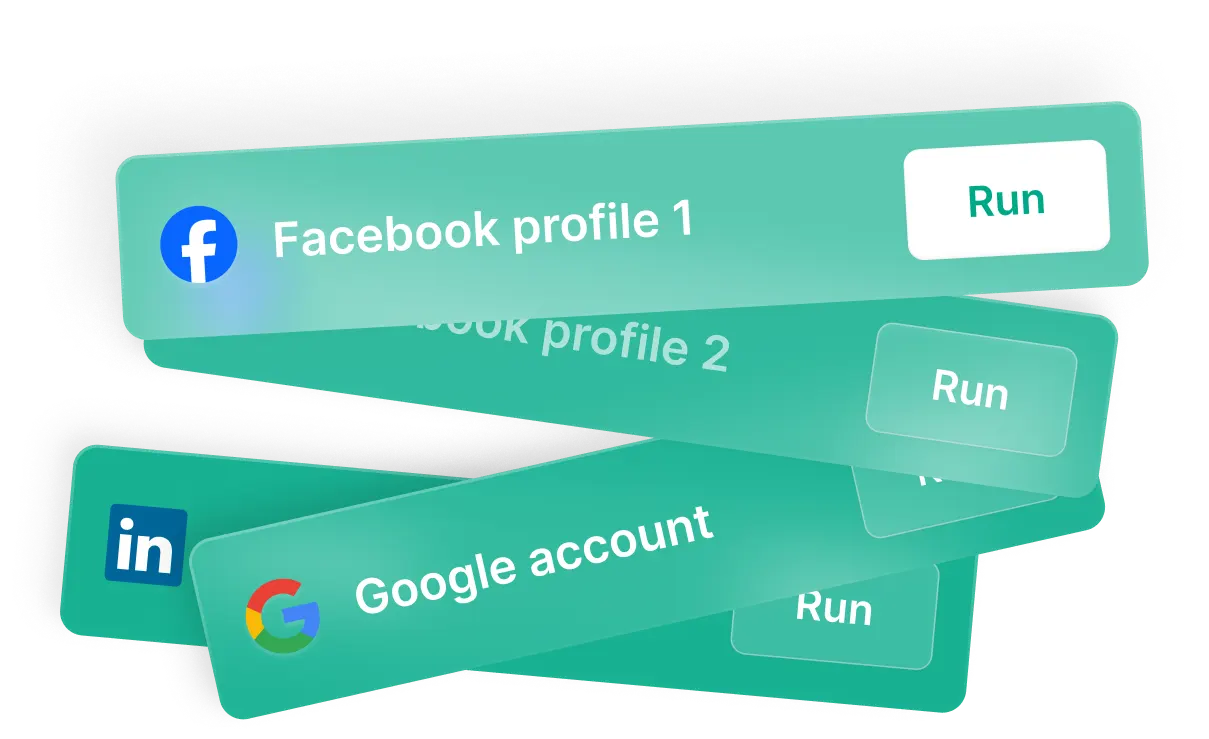Conversion Rate Optimization (CRO) is a systematic process aimed at increasing the percentage of website visitors who complete a desired action on a webpage, such as making a purchase, filling out a form, or clicking on a link.
CRO involves understanding how users navigate through your site, what actions they take, and what’s stopping them from completing your goals. Key strategies for conversion rate optimization include A/B testing and personalized marketing.
CRO Examples & Usage
- A/B Testing: An e-commerce site might create two versions of its product page with different layouts, color schemes or call-to-action buttons to see which one results in more purchases.
- Personalized Marketing: An online bookstore may use data about a customer’s past purchases and browsing history to recommend books that align with their interests, thereby increasing the likelihood of a purchase.
- Landing Page Optimization: A software company could optimize its landing page by simplifying the design, making the sign-up form more prominent, or adding testimonials to increase trust and encourage more sign-ups for free trials.
- Site Speed Improvement: A blog may work on improving its load times because faster loading pages can reduce bounce rates and improve overall user experience leading to higher engagement & conversions.
- Cart Abandonment Emails: If an online shopper leaves items in their cart without completing the purchase, an automated email reminding them of their unfinished transaction (possibly offering a small discount) can bring them back to complete the purchase.
- User Surveys/Feedback : Gathering direct feedback from users helps understand pain points better leading to improvements in website usability & increased conversions over time.
- Implementing Live Chat : Many businesses have seen significant improvement in conversion rates by simply implementing live chat support as it allows real-time problem solving & builds trust with potential customers.
These insights help craft targeted messages that reach the right person at the right time – improving engagement and ultimately boosting conversion rates.
Benefits:
- Improved Customer Insights: CRO can help you understand your key audience segments better and what motivates their decisions.
- Better ROI: Higher conversion rate means making more of the resources you already have which results in higher return on investment.
- Enhanced User Experience: When you optimize for conversions, it often leads to better user experience as well.
Downsides:
- Requires Time & Resources: Effective CRO requires ongoing analysis, hypothesis-making, design changes etc., which can be resource-intensive.
- Not Always Accurate : Results from A/B tests may not always be accurate due to factors like change aversion or novelty effect among users. 3.Requires Constant
- Monitoring : As user behavior evolves over time , so does the effectiveness of CRO strategies requiring constant monitoring & updates .
